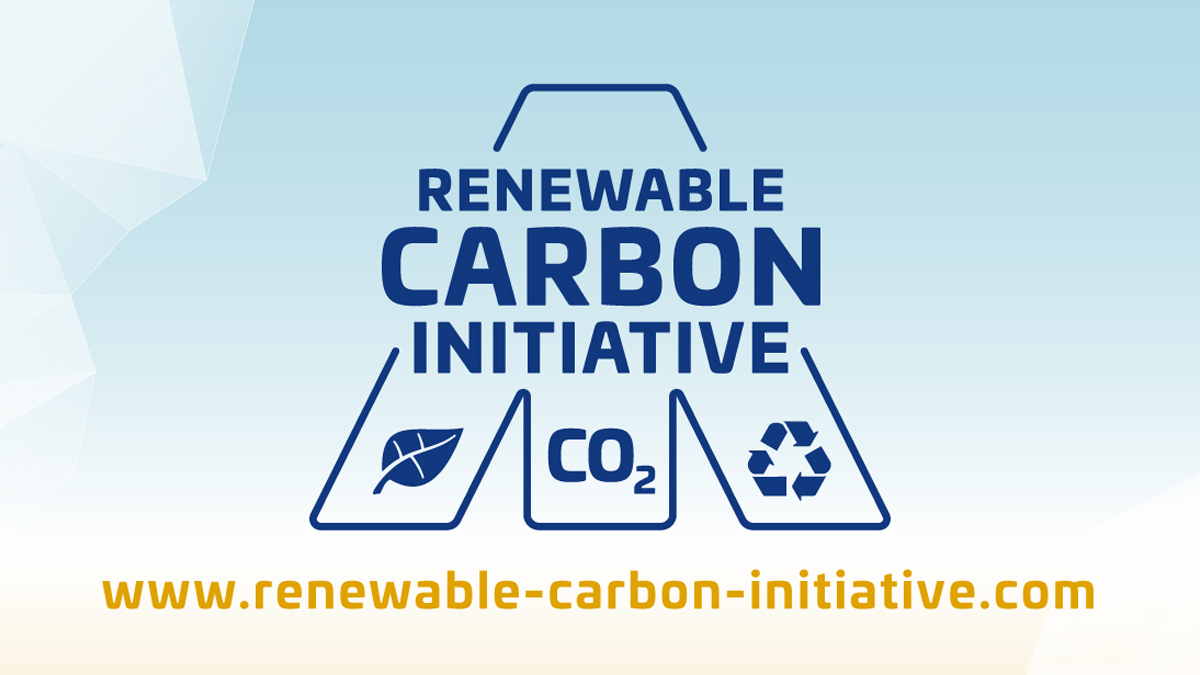Clariant, one of the world’s leading performance chemicals companies, announced that it has joined the Renewable Carbon Initiative (RCI), aiming to support and accelerate the transition from the use of fossil carbon to the use of renewable carbon in the chemical industry. While for some industries complete decarbonisation is a viable option, this does not seem feasible for organic chemistry, which is used to create the chemicals and materials required in almost all industries. It is stated that one of the most promising solutions is to reuse the carbon already in materials or in the atmosphere, in this sense.
Clariant, joining RCI, which includes brands such as Dupont and Covestro, will propagate to expanding the use of viable alternative carbon sources such as biomass, CO2 and recycling streams. The membership in the RCI allows Clariant to expand on its own solutions in the field of renewable carbon as well as collaborate more closely with partners, suppliers and the industry at large in driving this matter forward.

Clariant; “Chemical industry plays a central role in tackling climate challenge”
Clariant CEO Conrad Keijzer said that the chemical industry plays a central role in tackling climate challenge and in shaping progress toward a more circular and bio-based economy. Keijzer noted that this journey can only be achieved through a strong commitment to sustainability-driven innovation, ambitious goals, and close collaboration with partners along the value chain,
Clariant, offering a range of bio-based solutions, provides a viable alternative to their fossil-based counterparts with its recently added Vita range of bio-based surfactants portfolio that offer a 100% Renewable Carbon Index score coming from a fully segregated supply chain. The company’s Licocare® RBW Vita range, used in plastics and coatings applications, are derived from a natural, non-food competing by-product of rice oil production and are based on at least 98% Renewable Carbon Index content. Among the companys other bio-based solutions, Glucamides are easily biodegradable with a Renewable Carbon Index score of up to 96%.
Renewable Carbon Initiative
RCI, founded by Beiersdorf, Covestro, Henkel, LanzaTech, Lenzing, Neste, nova-Institut, Stahl, SHV Energy, Unilever, UPM and Cosun Beet Company, was launched in September 2020. The initiative, led by the nova-Institute, aims to advance the transition from fossil carbon to renewable carbon in the chemical industry by reporting on the issue, initiating further action and facilitating exchanges among key stakeholders.
